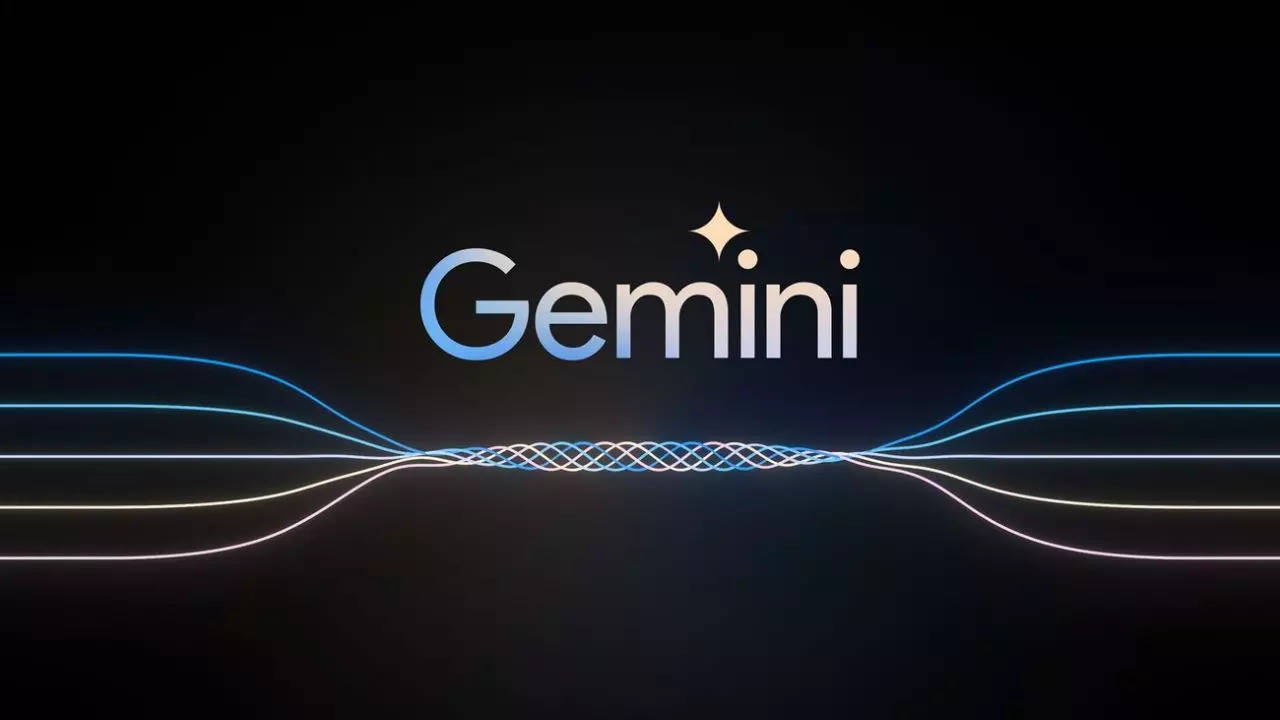Bussiness
TSMC’s Founder Slams Intel’s Business Strategy, Says That They Shouldn’t Have Entered The Chip Business

Intel shouldn’t have entered the chipmaking business, says TSMC’s Founder Morris Chang, claiming that Team Blue would be much better if they focused on the AI markets.
TSMC’s Founder Morris Chang Says That Intel Should’ve Focused On The AI Business Rather Than Foundry Services
Well, Team Blue isn’t having a great time in the industry in general, especially when considering the fact that on one end, they are under substantial financial troubles, and on the other, the firm’s CEO, Pat Gelsinger, decided to take an unexpected retirement. It won’t be wrong to say that Intel is in a challenging position right now, which is why TSMC’s founder Morris Chang believes that Team Blue would be much better if it didn’t enter the foundry business and would’ve instead focused on AI.
I don’t know why Pat resigned. I don’t know if his strategy was bad or if he didn’t execute it well…Compared with AI, he seemed to focus more on becoming a foundry. Of course now it seems that (Gelsinger) should have focused on AI.
They currently have neither a new strategy nor a new CEO. Finding both is very difficult.
– TSMC’s Founder Morris Chang via Reuters
TSMC’s founder’s seemingly “firing comments” at Intel’s situation clearly show that the market dynamics have evolved tremendously over the past few months, with Team Blue going from the top of its game to even struggling to find a hold on the market. Chang’s remarks on Intel’s foundry business aren’t that odd when you consider that the IFS hasn’t managed to put one of its processes in the mainstream markets, and the division’s “hyped up” 18A node isn’t looking promising, at least for now.
Intel’s competitors, notably AMD and NVIDIA, have managed to find a grip over the AI markets, with both of them having a robust AI portfolio, whereas for Team Blue, well, their Gaudi AI accelerator lineup hasn’t managed to bring in much revenue when compared to competitors, which shows that Intel’s AI business has seen a sluggish momentum throughout the past few quarters. It won’t be wrong to say that Intel’s “jack of all trades” approach hasn’t worked out quite well, as the firm is still navigating its way in new business segments.
Gelsinger, who was a huge advocate for Intel Foundry, is no longer in the business, which leads us to believe that Intel will see a radical shift in its business approach moving into the future. It will likely focus more on the manufacturing business and maybe put its chip ambitions in the backseat for now.



_web.jpg?height=635&t=1734595314&width=1200)






